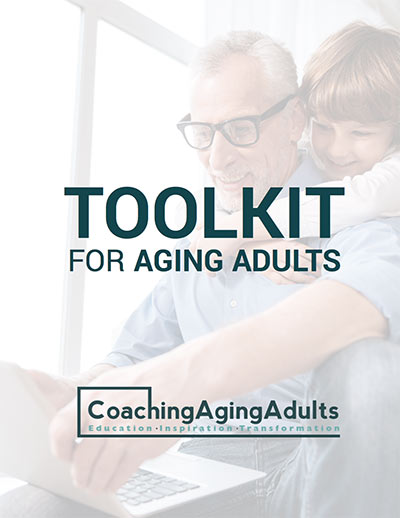Welcome to a journey of rediscovering joy and fulfillment in your golden years. As a therapist specializing in aging adults and an aging coach, I understand the unique challenges and opportunities that come with this phase of life. In this blog post, we will explore valuable mental health tips to help you embrace aging with positivity, resilience, and a renewed sense of purpose. Whether you are already in retirement or preparing for this transition, it’s never too late to invest in your mental well-being.
Embracing Change and Shifting Perspectives
Aging brings inevitable changes, both physically and emotionally. Instead of viewing these changes as obstacles, let’s explore how shifting perspectives can lead to a more joyful experience. Embrace the idea of continuous growth and self-discovery, acknowledging that your life journey is far from over. Cultivate gratitude for the experiences and wisdom gained over the years, recognizing the unique contributions you still have to offer the world.
Building a Support Network
Social connections play a vital role in mental well-being, especially during the aging process. Engage with friends, family, and community groups to foster meaningful relationships. These connections provide a strong support network that can alleviate feelings of loneliness and isolation. Join clubs, take up new hobbies, or volunteer for causes that resonate with your values – these activities not only promote social interaction but also add depth and purpose to your life.
Nurturing Emotional Health
Retirement and aging may bring forth complex emotions, including nostalgia, anxiety, or a sense of loss. It’s crucial to acknowledge and process these emotions rather than suppressing them. Seek professional guidance from a therapist or counselor who specializes in aging-related concerns to explore and address these feelings. Both therapy and coaching can help you develop coping mechanisms and a healthy emotional toolkit to navigate life’s challenges with resilience and optimism.
Fostering Cognitive Vitality
Maintaining cognitive function is a key aspect of overall mental health as we age. Engage your mind with stimulating activities such as reading, puzzles, or learning new skills. Participating in lifelong learning not only keeps your brain active but also adds excitement and enrichment to your daily life. Moreover, consider exploring mindfulness practices and meditation, which have been shown to improve cognitive function and emotional well-being in aging adults.
Prioritizing Physical Health
Physical health and mental well-being are intricately connected. Engage in regular physical activity, such as walking, swimming, or yoga, to improve overall health and mood. Exercise releases endorphins, the “feel-good” hormones that promote a sense of happiness and reduce stress. Additionally, ensure a well-balanced diet, rich in essential nutrients, to support brain health and maintain energy levels.
Setting Goals and Finding Purpose
Retirement doesn’t mean the end of purpose; rather, it opens the door to new possibilities. Take time to reflect on your passions, interests, and aspirations. Set meaningful goals that align with your values and bring a sense of purpose to your daily life. Whether it’s starting a new hobby, traveling, or giving back to the community, having clear goals can fuel your motivation and enthusiasm for life.
Embracing Change and Resilience
Life is full of changes, and aging often brings unexpected transitions. Embrace flexibility and adaptability in the face of change. Focus on the aspects of life you can control and develop resilience to bounce back from challenges. Embracing change as an opportunity for growth can lead to greater mental well-being and a positive outlook on life.
Congratulations on embarking on this journey to unlock joy in your golden years. Remember that your mental well-being is as essential as your physical health. By embracing change, fostering social connections, nurturing emotional health, and prioritizing physical well-being, you can navigate aging with grace, resilience, and fulfillment.
Seek professional support when needed, and don’t hesitate to explore the wealth of resources available to support your mental health and wellness. Embrace this new chapter of life with excitement and optimism, knowing that you have the power to create a joyful and purposeful future.
References:
The Blue Zones: Lessons for Living Longer From the People Who’ve Lived the Longest
Life-span cognitive activity, neuropathologic burden, and cognitive aging.



